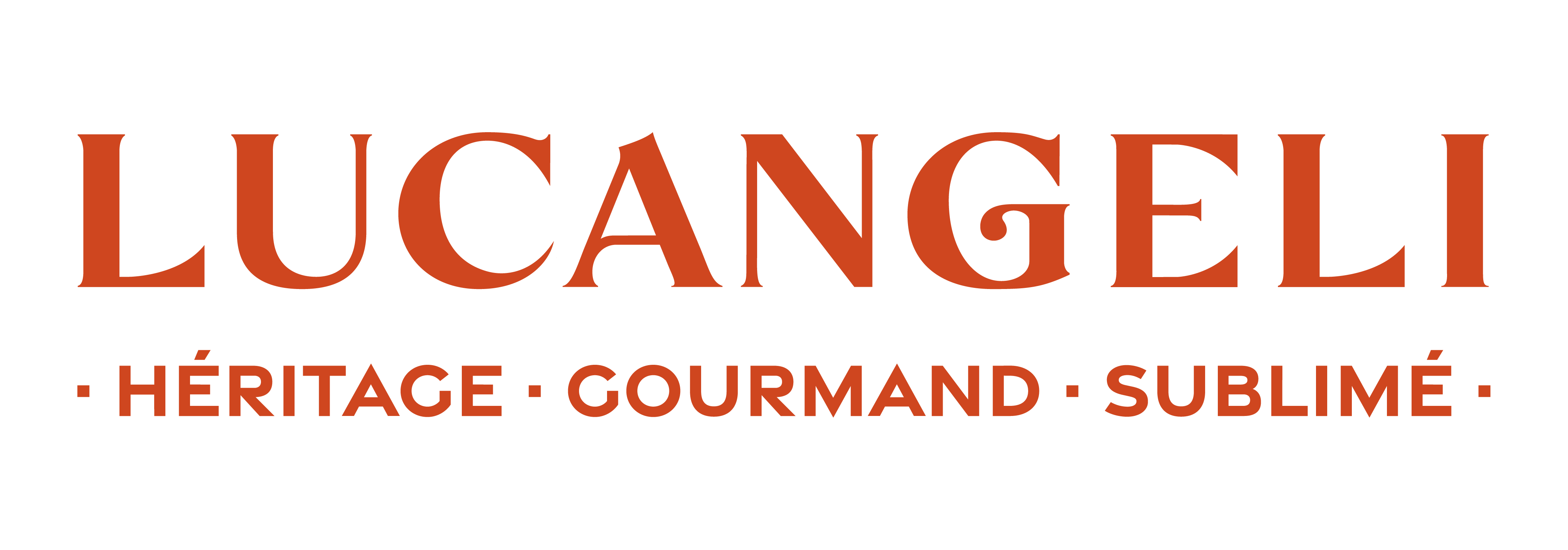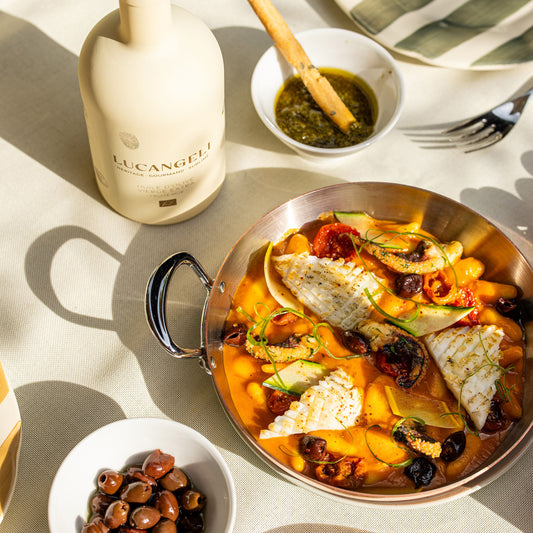Choosing a fat for our diet can influence the taste of our food and our health . Butter and olive oil , widely used in cooking, bring distinctive flavors and textures to our dishes, and are rooted in global culinary traditions, including French and Italian cuisine. However, their nutritional profiles, including calories, fatty acids (saturated, monounsaturated, polyunsaturated, and trans), cholesterol, vitamins, and antioxidants, vary considerably, making the comparison between these two sources of fat, of animal and plant origin, both complex and fascinating.
Butter: a dairy product rich in flavor
Butter is a dairy product churned from milk cream. It is prized for its smoothness, authentic flavor, and ability to improve textures, particularly in baking. It is rich in vitamins A, D, E, and K, and also provides a significant amount of cholesterol and saturated fat, including palmitic acid. Butter also contains lactose, which can be problematic for those with lactose intolerance.
Olive oil: a pillar of the Mediterranean diet
Coming from the heart of Mediterranean gastronomy , olive oil is extracted from olive trees at maturity during harvest. Appreciated for its refined flavor and fresh, fruity aromas, it is recognized worldwide. Rich in antioxidants , vitamins E and K , as well as monounsaturated fatty acids including oleic acid, it is a true ally for a healthy diet . It also contains omega-3 and omega-6 , beneficial for cardiovascular health. Unlike butter , olive oil is lactose-free, which makes it ideal for people intolerant to this sugar.
Nutritional composition
When it comes to health and nutrition, it's essential to understand the composition of the foods we eat. Butter and olive oil are two sources of fat commonly used in cooking. Their nutritional composition differs, which can influence our choices based on our dietary needs and preferences.
Nutritional composition of butter
Produced by churning milk , butter is rich in saturated and unsaturated fatty acids, including palmitic acid. Its composition also includes a small amount of lactose. This dairy product is a notable source of vitamins A, D, E, and K, which vary depending on the type of ferment and the maturation process. However, its high saturated fat content, which is potentially harmful to the cardiovascular system , can lead to elevated cholesterol . It should therefore be consumed in moderation, especially as part of a balanced diet .
Nutritional composition of olive oil
Olive oil, on the other hand, is obtained from pressed olives. It is particularly rich in oleic acid, a type of monounsaturated fat, and also contains polyphenols , antioxidants that are beneficial for health. Olive oil has a lower content of saturated fat than butter, and also contains omega-3 and omega-6. In addition, it is also a source of vitamins E and K. Note that the quality of olive oil can vary depending on the type of olive used, the time of harvest, and the pressing process. An extra-virgin olive oil, for example, is obtained by cold pressing and without the use of chemicals, which makes it more authentic and rich in aromas and flavors.
Health impacts
Nutrition is crucial to our health , especially the lipids we ingest, such as the irreplaceable butter and the essential olive oil . Variations in their intake of vitamins , fatty acids and cholesterol can significantly influence our well-being and cardiovascular health.
Health effects of butter
Butter is a source of saturated fat often linked to an increased risk of cardiovascular disease. It also contains cholesterol , which in excess can be detrimental to heart health. However, butter is rich in vitamins A, D, E, and K, which are essential for our bodies. It also contains lactose and lactic acid bacteria , which can be problematic for those with intolerances. In cooking, butter, with its creamy texture and unique taste , is favored for baking . However, its high-temperature cooking is limited by its low smoke point.
Health effects of olive oil
Olive oil , on the other hand, is rich in monounsaturated fatty acids, including oleic acid , which is good for the heart. It also contains polyphenols , powerful antioxidants that can help reduce inflammation and the risk of chronic diseases. Unlike butter, olive oil does not contain cholesterol, making it a healthier choice for those looking to control their cholesterol. In cooking, olive oil adds an authentic and refined flavor to dishes. It is particularly appreciated in Mediterranean cuisine for its smoothness and distinctive aroma . In addition, it withstands high-heat cooking better than butter thanks to its higher saponification point.
Use in cooking
In cooking, the choice between butter and olive oil can influence not only the taste but also the texture of dishes. Both ingredients offer distinct advantages and each has its place in gastronomy. Their differences lie in their composition, flavor, and health effects, among other things.
Using butter in cooking
Butter, produced from milk and ferments , is a staple of traditional cooking, especially in baking. Its unique sandability allows it to bring a soft texture and unparalleled smoothness to preparations. However, it is important to note that butter is high in saturated fat and cholesterol , which can have consequences on heart health. It also contains lactose, which can be a disadvantage for people with intolerance.
Using olive oil in cooking
Olive oil , a flagship product of Mediterranean cuisine, is the fruit of pressing ripe olives. Its authentic and refined taste enhances many dishes. Rich in oleic acid , a monounsaturated fat beneficial for the heart, it is also a source of antioxidants , vitamins , omega-3 and omega-6 , nutrients essential to our body. It is lactose-free, making it suitable for people with intolerances. However, with a higher calorie intake than butter, its use should be moderate in diet and nutrition .
In the butter versus olive oil debate, there's no clear winner. It largely depends on personal preference, nutritional needs, and intended use. For some, butter, with its rich vitamin content and creamy flavor, is a staple in baking recipes and some traditional cuisines. For others, olive oil, with its more beneficial fatty acid profile and high antioxidant content, is a mainstay of the Mediterranean diet and a healthier cooking choice.
Nutritionally, olive oil contains less saturated fat than butter, but it is higher in heart-healthy monounsaturated fats. Olive oil is also an excellent source of oleic acid, an omega-9 that can help reduce cholesterol and inflammation. Butter, on the other hand, contains lactose and saturated fat, but also fat-soluble vitamins, such as vitamins A, D, E, and K.
In the culinary world, butter , a delicious dairy product, is often favored for its remarkable ability to enhance the texture of pastries and other recipes. On the other hand, olive oil , derived from a Mediterranean oilseed, is valued for its distinctive aroma and great versatility in cooking. It withstands high temperatures better than butter, making it ideal for frying, grilling or roasting.
Ultimately, choosing between butter and olive oil depends on your taste preferences , your nutritional diet , and your culinary use . You might opt for one or the other, or even both, depending on the dish or recipe. Whether you're cooking gourmet , paleo , keto , or Mediterranean , the key is to consume these saturated and unsaturated fats in moderation, as part of a balanced diet rich in vitamins , minerals , and antioxidants .










 lucangeli.it
lucangeli.it


